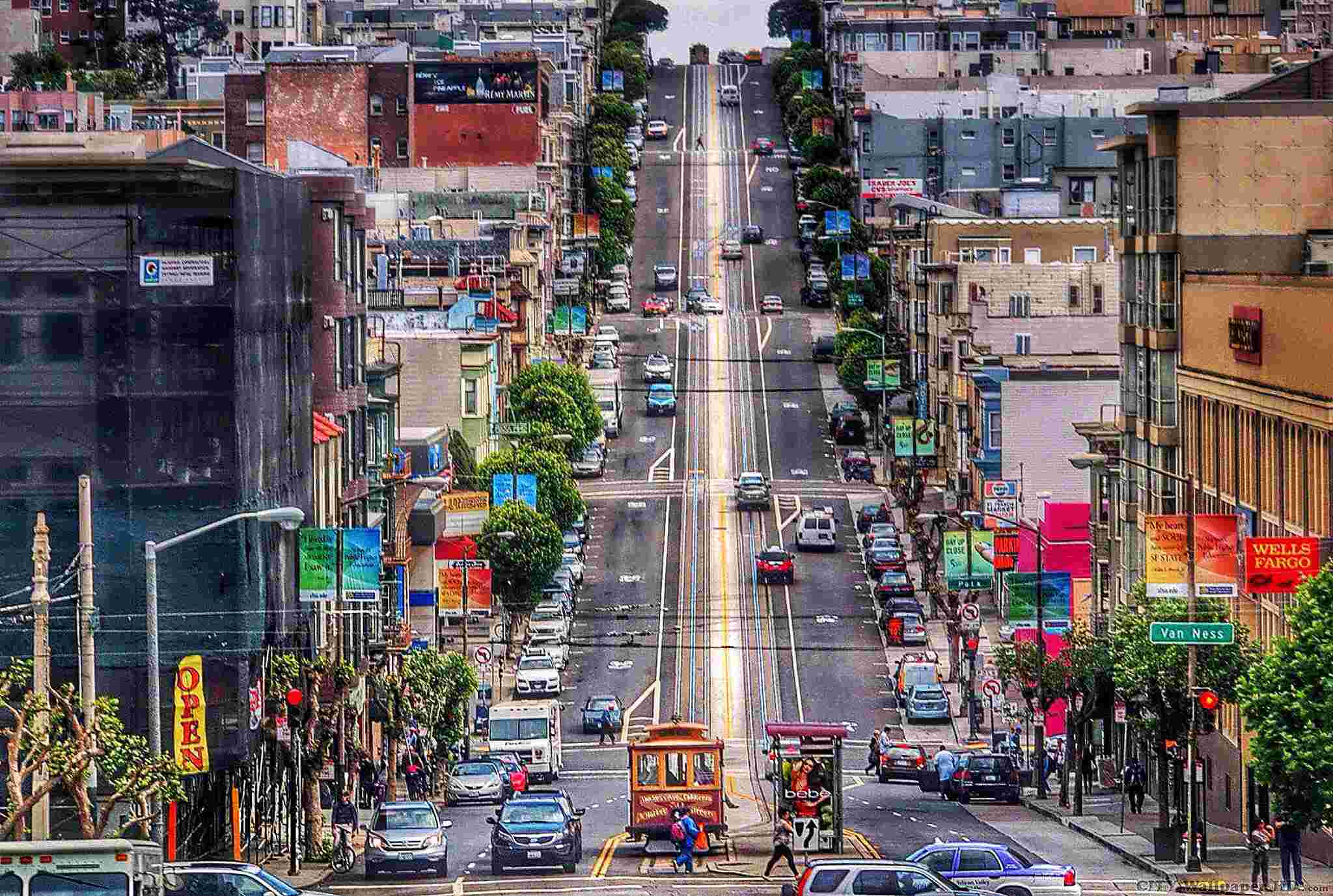Google vs. Uber, film story

San Francisco has opened a trial between titans that will make history, that of Google against Uber, accused of subtraction of industrial secrecy, required a billion dollars of compensation. The bone of contention consists of 14 thousand files related to 8 industrial secrets about the development of the autonomous car Waymo (Google) by a certain Levandosky, the usual student prodigy, first engineer at Google on the driverless car development, then resigned to found a own startup focused on the development of autonomous driving technology for heavy vehicles, the 'truck', called Otto, acquired after some time by Uber. In summary, the accusation by Google is based, as far as we know now, on a fairly likely reconstruction of the facts, we will see in the continuation of the trial which evidence will be brought: the young and hungry Levandosky, originally agree with Travis Kalanick (founder and former CEO of Uber) while working in Waymo saves for its use and consumption about 14 thousand files concerning the driverless car project and then resigns. Closes the door Google and opens its startup, Otto: strategic and convenient initiative, according to this reconstruction, which allows meanwhile to begin to clean up the patents and projects stolen and make talent acquisition. In fact, soon Uber arrives and acquires it, as expected. It does not make a wrinkle. But then something starts to go wrong, because the good guys of Waymo are not so stupid and the game of 'driverless car' is something that is really very dear to Larry Page in person. And from the first testimonies made yesterday that saw the protagonist Kalanick, it seems that at the base of all this hustle and bustle there are very personal motivations, feelings like greed, resentment, jealousy. Travis says once upon a time there was a wonderful relationship between Google and Uber (2013, times of the investment of 258 million dollars of the giant Moutain View in what was a great startup) a fraternal relationship, even between him and , which had led him to take a ride on a prototype driverless car and with whom they had immediately heard about the future of their collaboration on this front. (CNBC source) At the time, Kalanick testifies, 'there was no competition between us: Google worked on autonomous vehicles and we on ride-sharing'. Things stop there, until in 2015 Kalanick does not begin to hear gossip about Google's intentions to build a fleet of self-driving taxis, thus becoming his direct competitor! Attempts to contact with Page to have clarification on this market encroachment are incessant for Travis, but useless. It is completely ignored by the great leader. This article shows some emails. A very irritating thing to be ignored in this way, which triggers especially the race to get first on the ride-sharing self-driving. Uber begins to accelerate his project, launches a strong talent acquisition campaign, including several from Waymo, which makes Larry Page very angry. In short, the war has begun. Otto's acquisition is a triggered bomb. We will see how the process will proceed, a certain thing: it already looks like a film story, the ingredients are already there, there is nothing to invent. And what does this have to do with our 2018 elections? Directly nothing, but the fact is that the case offers several food for thought on the advance of the tech company, on the link between technology and power, on how the face of power changes, with technology. In the Kalanick trial, he says he once wrote amicably to Larry Page to assure him he has no intention of working on the development of 'flying cars', a sector in which Page in person has already invested heavily. (source ArsTechnica) In short, we are talking about flying cars, cars that drive themselves; expanding the discussion, we can add the Tesla in flight to Mars, advanced robotics, artificial intelligence that has already arrived at borders that most people in the world do not even imagine. All this is mainly concentrated in private hands mostly, and mostly on the other side of the ocean or in countries other than Italy. The new power is concentrated elsewhere. Wearing the lenses of this future, which is not far and it is a certainty, everything that is seen in Italy in this political campaign seems very shortsighted. The most advanced part of the world, in which there would also be Italy, is marching at an incredible speed and focusing everything on technological development. Technological development is power. Innovation, fast, is power. We need to understand this speech in Italy, innovation must be put at the center of everything, with all its corollaries of net neutrality, ultra fast connectivity, support for startups, true digitization of the country, scuol
